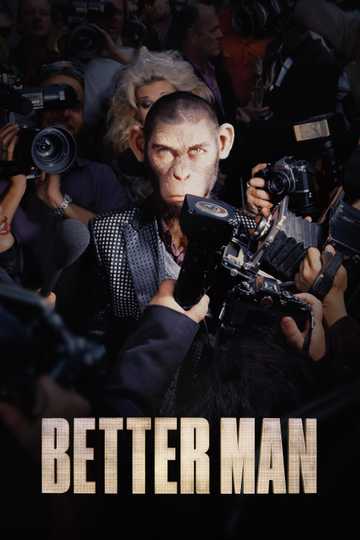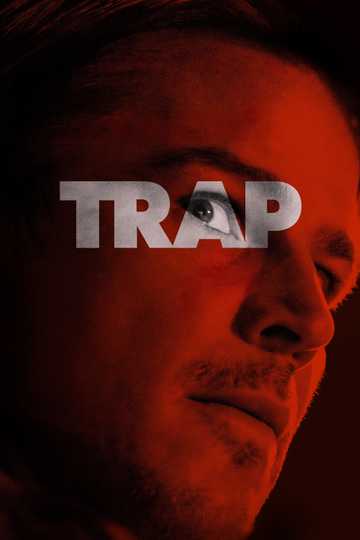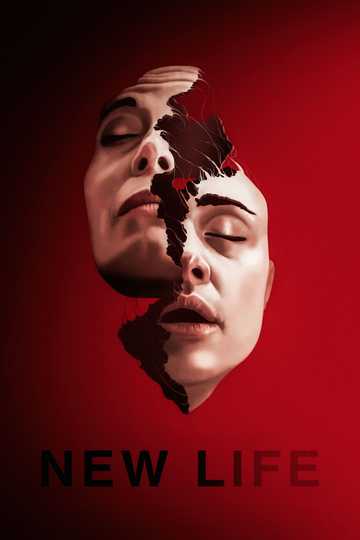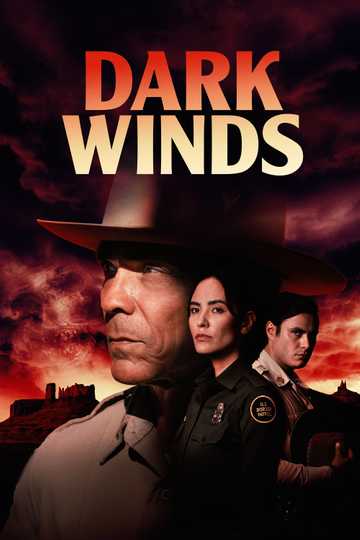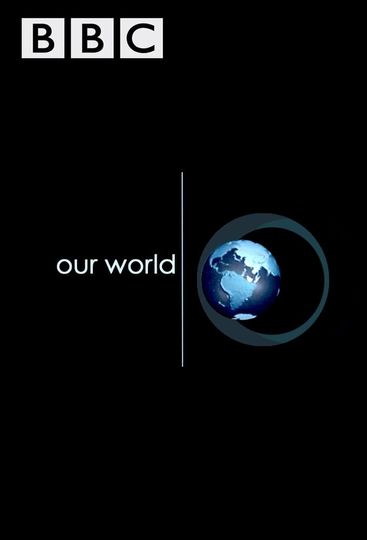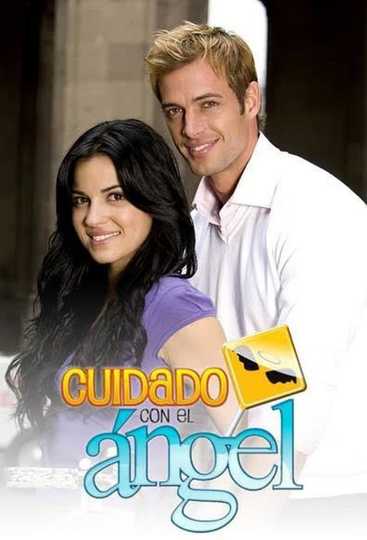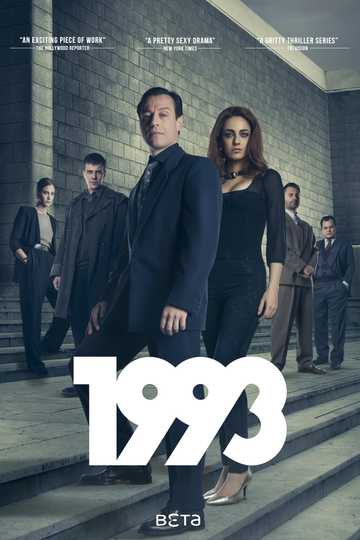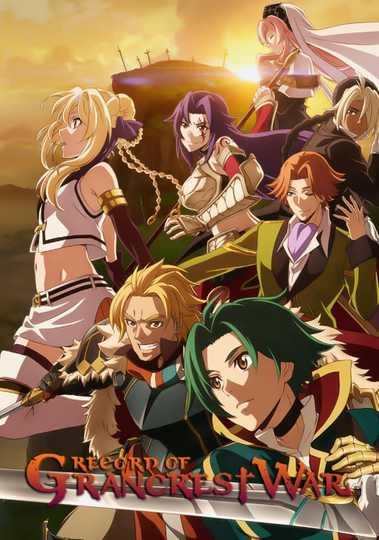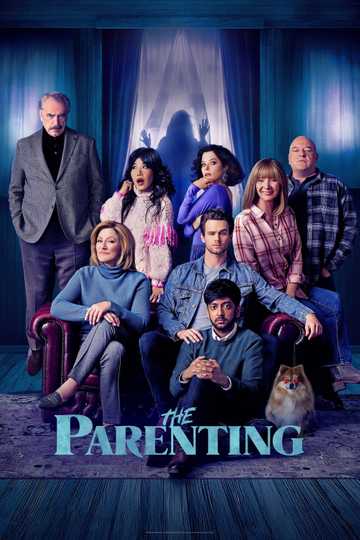Season 16 Episodes
1. America's New Abortion Battle
Abortion has long been a fault line in American politics. Now those who want to ban it scent a famous victory, with implications for millions.
2. Inside the Taliban Regime
With access to the new Taliban government, Yalda Hakim travels back to Afghanistan to find out what the country is like under their rule. The economy is close to collapse, millions face starvation and the one-time terrorist group now face a terror threat of its own. Can the Taliban form a government that can put their violent past behind them and help rebuild this broken country?
3. Kazakhstan’s Crypto Boom?
Bitcoin is now big business and a major talking point around the world. Whilst some countries like China have banned cryptocurrencies, others have embraced them.
4. Harvesting Turkey's Tea
For centuries, women have picked tea on the steep slopes of Turkey's Black Sea region. It is gruelling work, and much of what they earn has traditionally been handed to their husbands. But now a new generation are turning their backs on tea picking, and the industry's survival is uncertain. Our World follows the young women who hope change is coming and the older ones who fear for their way of life.
5. Italy's Hidden Sins
Italy is a bastion of global Catholicism, and yet, unlike many other countries, it has failed to tackle the scourge of clerical sex abuse. Mark Lowen investigates.
6. Platform 5: Escaping Ukraine
Fergal Keane tells the stories of the people on platform 5 of Lviv train station hoping to escape, the staff who bravely keep the station running and those who are left behind.
7. Who Killed My Grandfather?
1974, Beirut. It's the height of the Cold War. A prominent Yemeni politician is shot dead in his car. Some say, had he lived, Yemen would be a different country today. The killer was never caught, the assassination never investigated. Almost 50 years later, his granddaughter Mai Noman, a BBC journalist, seeks answers.
8. Myanmar: Inside The Resistance
Myanmar is now in a state of civil war. What started in February 2021 as a mass protest movement against the military coup is now a nationwide armed uprising. The junta is under attack across the country from a network of civilian militias called the People's Defence Forces, fighting to restore democracy. The BBC gained rare access to the jungle training camps where young protesters are turned into soldiers. We follow a single mother and a student who have sacrificed everything to join the fight. They're up against a well-trained military willing to use brutal tactics to stay in power. As the death toll mounts and the world looks away, can they restore democracy?
9. Fixing San Francisco
During the first year of the pandemic, San Francisco had more deaths from drug overdoses than Covid. In December, the mayor declared a state of emergency in parts of the city - in a desperate attempt to tackle the problem. In a spectacular U-turn, she declared the city needed 'tough love' and reversed her policies on defunding the police.
10. Welcome to the Metaverse
Axie Infinity is a hugely popular online game in which players breed, battle, and trade fantasy creatures. But for many people around the world, it's now much more than that - it's a way of making a living. The game's phenomenal growth is part of a bigger trend, as workers realise that they can make more money in the virtual world than they can in the real one. Our World follows players in the Philippines and Venezuela who are trying to escape economic problems at home by working in the metaverse. Could this be a glimpse of the future?
11. Cambodia: Returning the Gods
For decades temples across Cambodia were looted and their treasures stolen, smuggled, and sold abroad. But now the Cambodian government wants them back. Celia Hatton has exclusive access to the Cambodian authorities' fight to trace and reclaim their precious antiquities. We visit rarely seen temples, track down former looters turned state witnesses, and unravel the tale of the controversial British art collector who many believe was at the heart of the trade. The statues aren't stone objects for many Cambodians - they're living Gods that need to return home.
12. Eurovision: Ukraine's VIctory
With exclusive access to Ukraine's winning Eurovision entry, Our World follows Kalush Orchestra from the war-torn outskirts of Kyiv to their triumph in Turin. Reporter Viktoriia Zhuhan tells the inside story of how the band's song Stefania struck a chord with viewers across Europe and brought the Eurovision trophy home.
13. Three Million Refugees and Counting
On 24 February, Russia's president, Vladimir Putin, ordered a military invasion of neighbouring Ukraine, triggering the largest refugee crisis in Europe since the Second World War. Almost six million Ukrainians have fled the country, half of them to next-door Poland. During a week in April, Our World follows Warsaw's mayor, Rafal Trzaskowski, as well as refugees and volunteers living through the crisis. How have the people of Warsaw dealt with such a sudden increase in the city's population. And what is the long-term plan for all the new arrivals?
14. Iran and the Water Crisis
In 2021, anti-government protests took place across Iran. They were triggered by a severe water shortage in the south of the country, in a province called Khuzestan. Once lush and green, rivers are now running dry, crops are failing and tap water is scarce. So where has the water gone? BBC Persian's Siavash Ardalan investigates what is behind the shortage.
15. Hong Kong: Life Under the Crackdown
Our World has spent the last year with journalists and protestors as they live through the most turbulent period in Hong Kong's recent history. When the British government transferred sovereignty back to China 25 years ago, it promised to protect freedom of speech, but new laws have effectively silenced all criticism. Street protests have all but stopped, pro-democracy lawmakers have been replaced by Beijing loyalists and Hong Kong's new Chief Executive is its former Security Chief, who led the crackdown. Reporter Danny Vincent has been following those who have lived through the street protest movement, both as activists and reporters, many of whom are now in prison.
16. I Call Him by His Name
In March this year, the town of Bucha was occupied by a shock invasion of Russian troops trying to reach Kyiv. What followed was a massacre that has shocked the world. But what happens when - against all odds - somebody survives to tell the story? In this compelling film, the sole survivor of a terrible crime in Ukraine joins the wives and mothers of his dead comrades to tell an extraordinary story. While the executions were meant to dehumanise and wipe the victims' presence from the world, this is a powerful account of love in the face of terror.
17. The Hunt for the Superyachts
For many Russian oligarchs, their superyachts are their most prized assets. But when Vladimir Putin ordered the invasion of Ukraine earlier this year, those superyachts soon became targets for an unprecedented set of sanctions coordinated by the US, EU, and UK authorities. Some yachts were seized or frozen, others tried to escape in a hurry, and some simply disappeared. Our World tells the inside story of the game of cat and mouse between the yacht hunters and Russia's wealthy set.
18. The Hunt for Alia
When the Taliban took over Afghanistan in August 2021, they assured citizens that they had changed since their regime in the 1990s and said they would protect women's rights. Eight months ago, Alia Azizi, a 45-year-old policewoman from Herat, disappeared. Her family has not heard from her since. Yalda Hakim travels to Afghanistan to investigate the case. She speaks with female activists and protestors who have been scared into silence, asking the Taliban why they are not doing more to investigate the disappearance of women like Alia.
19. China's Zero-Covid Trap
In recent weeks, tens of millions of people in China have again been confined to their homes in coronavirus lockdowns. This is not without political risk, especially in the run up to the twice a decade Communist Party Congress. BBC China Correspondent Stephen McDonell travels across the country and meets people struggling to stay afloat with their country showing no signs of abandoning its "Zero-Covid" policy.
20. Expelled from Uganda
On the 50th anniversary of the expulsion of South Asians from Uganda, BBC reporter Reha Kansara follows her mum and aunt as they return to the country together for the first time. In 1972, Idi Amin publicly condemned Ugandan Asians as the enemy, enforcing a brutal policy that ordered them to leave the country within 90 days. It is estimated that up to 70,000 South Asians left Uganda in fear for their lives. On the 50th anniversary of the expulsion, BBC reporter Reha Kansara follows her mum and aunt as they return to Uganda together for the first time. Setting off from the English suburbs, they journey to the sugar plantations of Kakira and the home in Jinja they were forced to leave in a hurry. They are re-united with old friends, and discover how the expulsion changed the country they left behind.
21. Iran: Catching a Killer
In July 2022 former Iranian official Hamid Nouri was convicted by a Swedish court of murder and war crimes. BBC Persian’s Omid Montazeri tells the story of how a killer was caught. In July 2022 former Iranian official Hamid Nouri was convicted by a Swedish court of murder and war crimes and sentenced to life imprisonment. His offences were committed in Iran’s prisons in 1988, when an estimated 5000 political prisoners were killed. For the survivors and the families of those who died it was a crucial breakthrough in their long campaign for justice. BBC Persian’s Omid Montazeri, whose own father was killed for his communist beliefs in the massacres, follows the trial for Our World and tells the story of how a killer was caught.
22. Fighting Putin's Propaganda
TV Rain, Russia's last remaining opposition TV station, was forced off air in March 2022. Our World follows the presenters trying to relaunch TV Rain from exile.
23. Svalbard’s Climate Change Fight
Our World travels to the fastest warming place on earth: Svalbard. Deep inside the Arctic Circle, it is home to the world's northernmost settlement, Longyearbyen, which is estimated to be heating at six times the global average. People living here have a front row seat for the climate crisis - melting glaciers, rising sea levels, avalanches and landslides. Add to this an energy crisis in Europe fuelled by the war in Ukraine, which many experts believe is now undermining the fight against climate change. Nick Beake finds out what is being done to try to save Svalbard as we know it.
